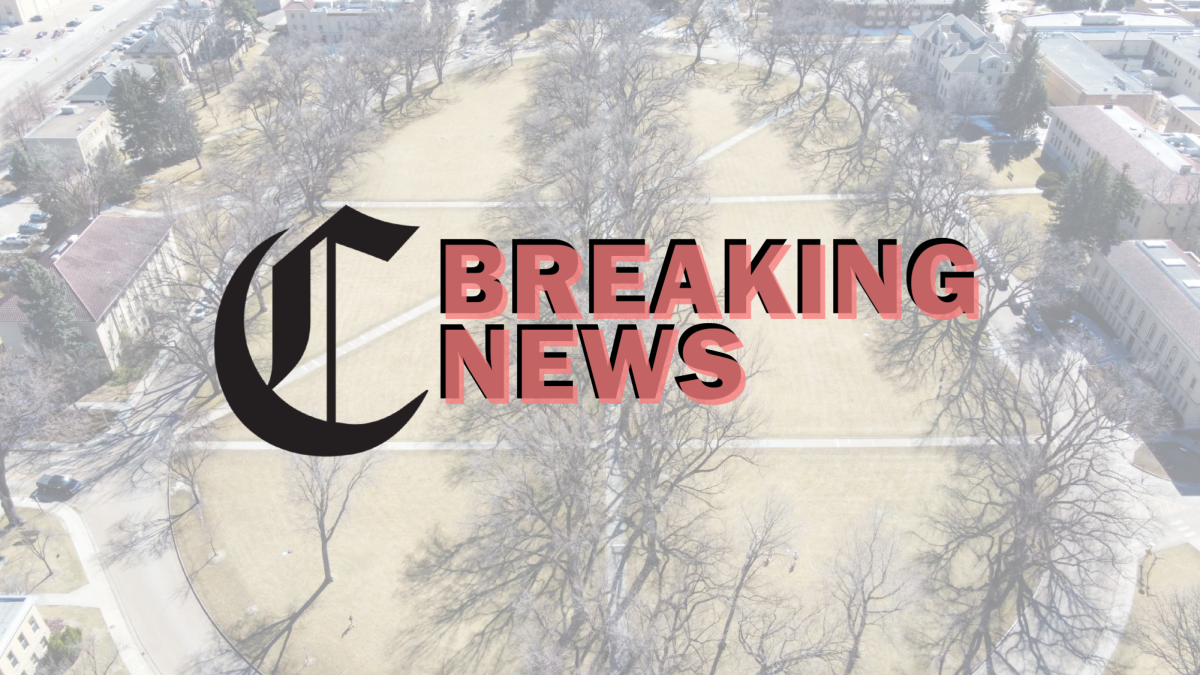Most of us have been there at least once—hours upon hours of time dedicated to studying for a test, project or presentation we would only receive a surprisingly low score for. The hope is that time spent would match the grade. Although, you can get away with less work for a good grade, those are to be cherished. However, there are students who consistently put in the time and effort exceptional of their peers and are still met with scores that reflect the opposite.
Many students go through this struggle in academic success without even knowing there are campus resources to guide them through a range of needs. By federal law through the Americans with Disabilities Act, facilities and institutions are required to have these resources in place to avoid discrimination, which is why Colorado State University has had Resources for Disabled Students on campus for decades.
Ad

“Our main purpose at RDS is to ensure that students have access to the things that they need to be successful,” said RDS Director Rose Kreston, which is what the office strives to do for numerous disabilities in a variety different ways. Whether it is a physical, learning, emotional or mental disability, RDS takes each case on an individual basis and responds to it.
“There are three things we try to provide for our students: access, accommodations and advocacy for those who identify as having a disability, so they don’t feel like they’re alone,” Kreston said.
RDS meets with students to determine whether or not they have a disability, and then researches to find the right steps to help them succeed—whether that is extending testing time, converting written text to auditory systems for the visually impaired, all the way to organizing change on the campus for better accessibility.
“I think people understand the importance of our office, but not always what that looks like for them as students as CSU,” said Kreston.
It is the connotation of the word ‘disability’ that tends to scare off those who are unaware of what disability is. It may be seen as being a quality that deems them less than human. The word itself actually refers to having some sort of disadvantage to the way society has been structured for those without a disability.
“We have some dichotomies in how we look at disabilities,” said CSU alumni CJ Harrison, revisiting his sociology background. “There are two main models: the medical and the social. The medical model says that the person with the disability has a problem that needs to be ‘fixed’. It is well-intentioned, but leaves out some other important perspectives—why should they be fixed? The social model says a person with a disability may have an impairment or something different about their body, but it is only different from what has been structured.”
Harrison underwent surgery on his legs at the age of seven to help his mobility. While therapy did not go unappreciated, he found what he needed most was to feel completely comfortable in his body as someone with cerebral palsy rather than try to be like his peers.
CSU also has the student-run Ability Club, which focuses on student awareness of what disability means in a social connotation.
“It is an affinity group for students both with and without disabilities,” said Joe Tiner, the club’s president. “We are here to talk about disability and how it shows up in the world, how it interacts with different identities and how it is a part of normal life.”
Ad
Tiner, who is also legally blind, utilized RDS his freshman year to take his exams and have his textbooks converted into electronic formats. He is in his first year of graduate school at CSU.
“The conversation around how to make things more accessible for everyone is becoming more proactive for the better,” Harrison said. “We talk about it more, or we’re trying to. We are going through a lot of social justice problems and figuring out how that looks for disabilities is going to be harder for people to understand because of that medical piece to it.”
RDS at CSU strives to serve students of all abilities.
“We want to find out a way to help students get past the hurdles that don’t need to be there,” said Kreston. “You are not a deficit, your mind or body just works differently, so let’s just figure it out. It’s unique, now can I work with it?”
Collegian reporter Sarah Carroll can be reached at entertainment@collegian.com.

















